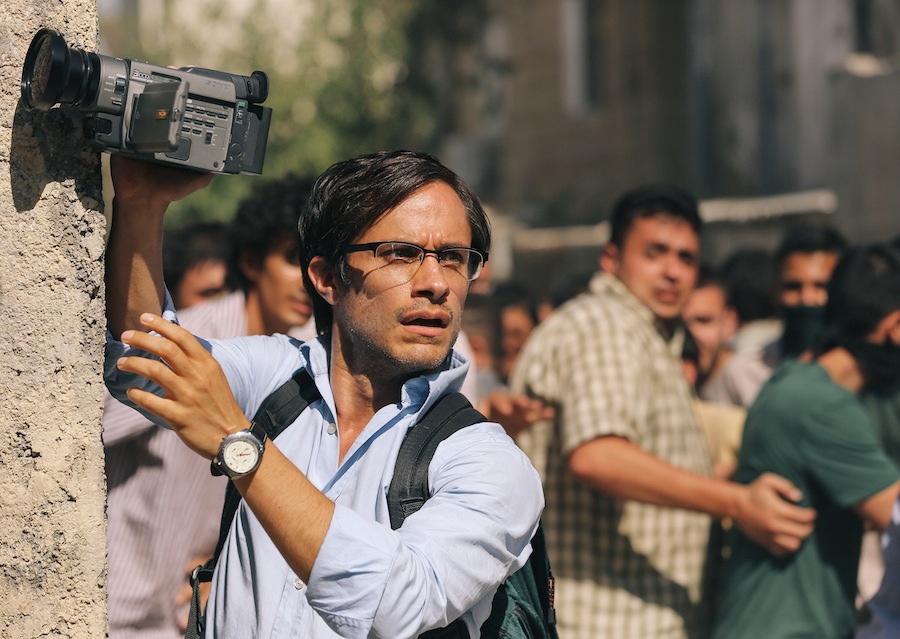Old
by Hope Madden and George Wolf
The last 20 some odd years have been somewhat odd for M. Night Shyamalan.
There was the meteoric rise, the faceplant fall, and the unexpected rise again. The writer/director’s highs (The Sixth Sense, Unbreakable, Split) have been clever, crowd-pleasing and well crafted, while the lows (The Last Airbender, After Earth, The Happening) became self-indulgent, condescending misfires.
Old, Shyamalan’s first since the disappointing Glass two years ago, may not rank among his best, but there is enough here to hold your interest while it delivers an earnest message about precious time.
Guy (Gael García Bernal) and Prisca (Vicky Krieps) are ready to separate, but want to enjoy one last dream vacation with 6 year-old Trent (Nolan River) and 11 year-old Maddox (Alexa Swinton) before breaking the news.
Shortly after getting a VIP welcome at their tropical resort, the family is offered access to a private beach paradise, just a short drive away. Once there, they find a few other guests have also gotten the invite to the pristine beach surrounded by majestic and imposing walls of rock.
But of course, there is a price to be paid for this privilege: time. Trent and Maddox are suddenly years older (and now played by Alex Wolff and Thomasin McKenzie), while the rest of the group (including Rufus Sewell, Abbey Lee and Aaron Pierre) also begins to feel the effects of a rapidly increased aging process.
Shyamalan’s camerawork – usually a plus – is again nimble and expressive. He’s able to fuel a feeling of confusion and disorientation on the ground, while frequent overhead shots provide the unmistakeable suggestion that this group is being watched.
His pace is also well-played, fast and frantic (with one very effective visual fright) in the early going, then a bit more measured to reflect cooler heads trying to plan an escape.
But while Shyamalan’s script is an adaptation of the graphic novel Sandcastle by Pierre-Oscar Lévy and Frederick Peeters, dialogue can still trip him up. It’s too frequently both silly and obvious, yet almost always rescued by a talented ensemble that never shrinks from selling every word of it.
This is a Shyamalan film, though, which will lead many to expect a humdinger of a twist. Don’t.
There is something waiting beyond the clearly defined metaphor about appreciating every day. But like the film, the resolution of Old is more tidy than revelatory, as easy to digest and appreciate as it is to forget.




